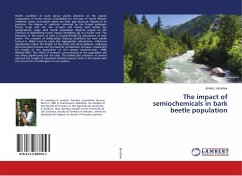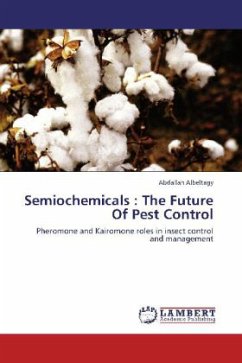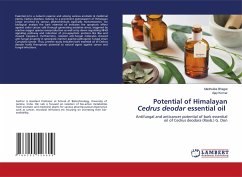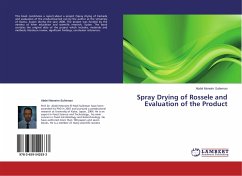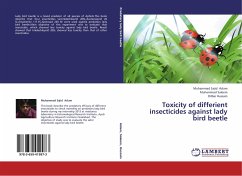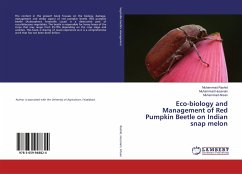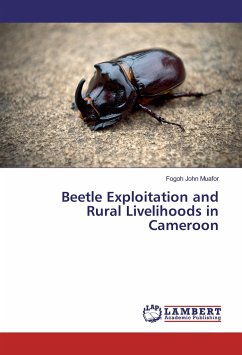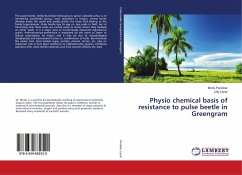Health condition of pure spruce stands depends on the species composition of forest stands unsuitability for the type of forest habitat, exhibition stand, its location above sea level, age structure, degree of air pollution, the degree of substrate colonized by the fungal pathogen honey fungi and the size of pests and mainly bark beetle (Ips typographus). Large bark beetle population depends largely on the presence of debilitating honey fungus (Armillaria sp) as a factor tree. The reduction in the stand of trees is caused (finally) by abundance of bark beetle. The creation of deliberately choking conditions for bark beetle factors in felled trees by using the aggregation pheromone, influences significantly reduce the length of the adult and larval galleries, walkways larval densities increase and intraspecific competition increases, weakening the health of the population of this species (Anderbrandt, 1988; Weslien1990). The effect of excessive overcrowding of the population did not affect significantly the sex ratio. The baited plot methods of control reduced the weight of harvested infested woods, both in the stands with the occurrence of pathogens in root systems.
Bitte wählen Sie Ihr Anliegen aus.
Rechnungen
Retourenschein anfordern
Bestellstatus
Storno

